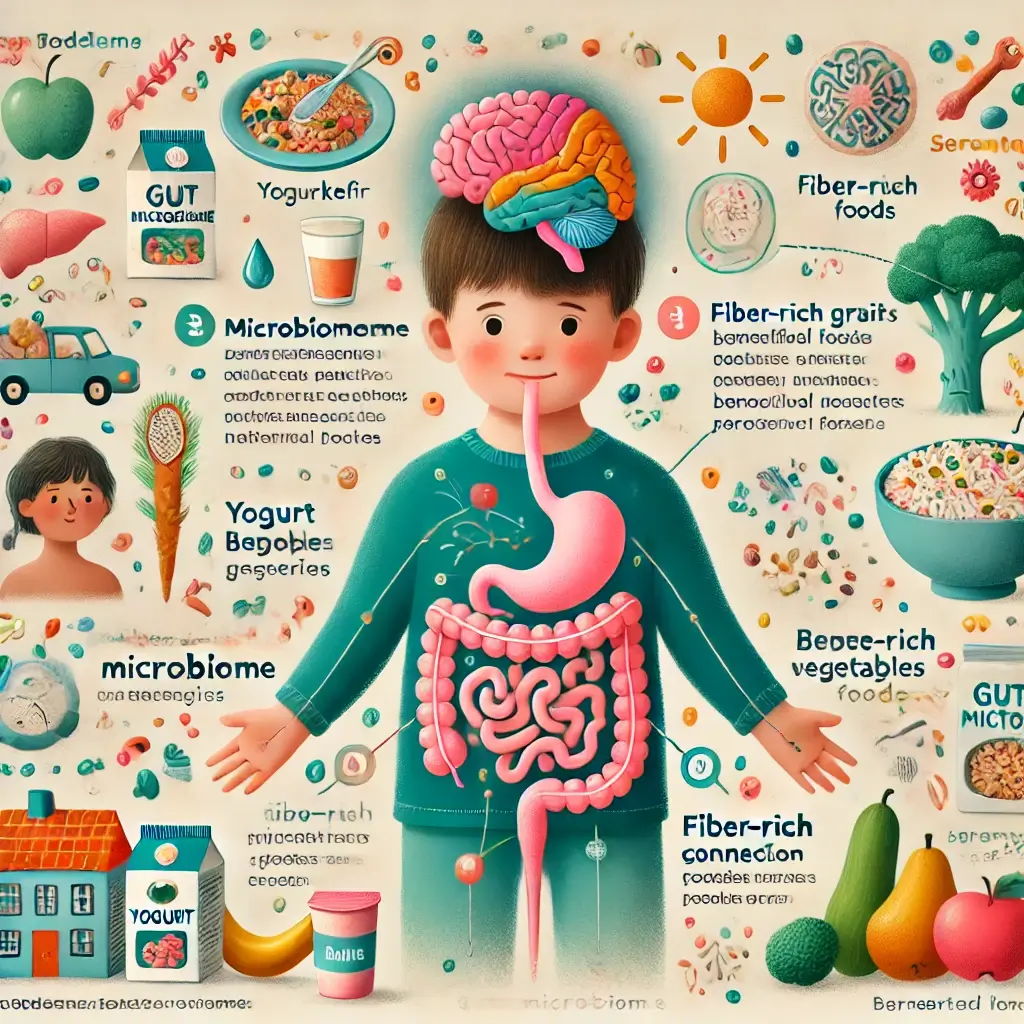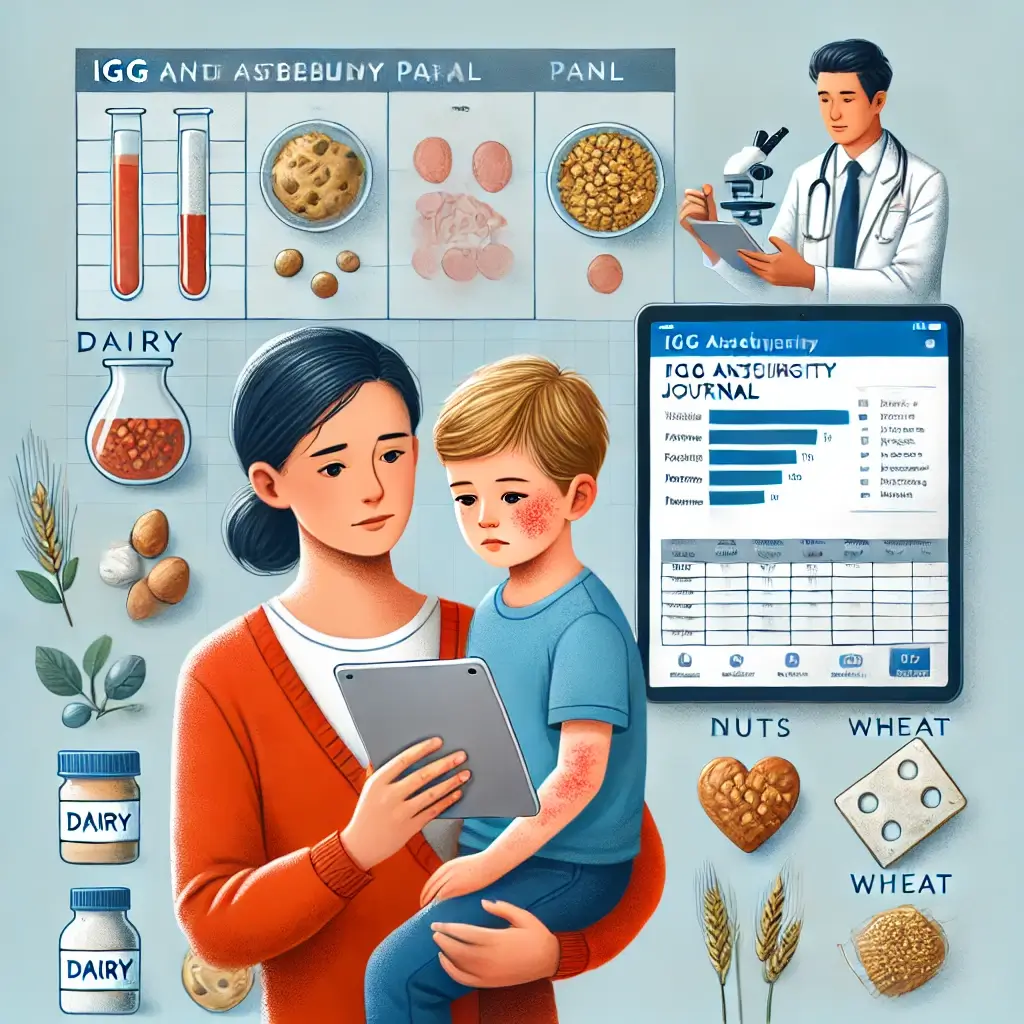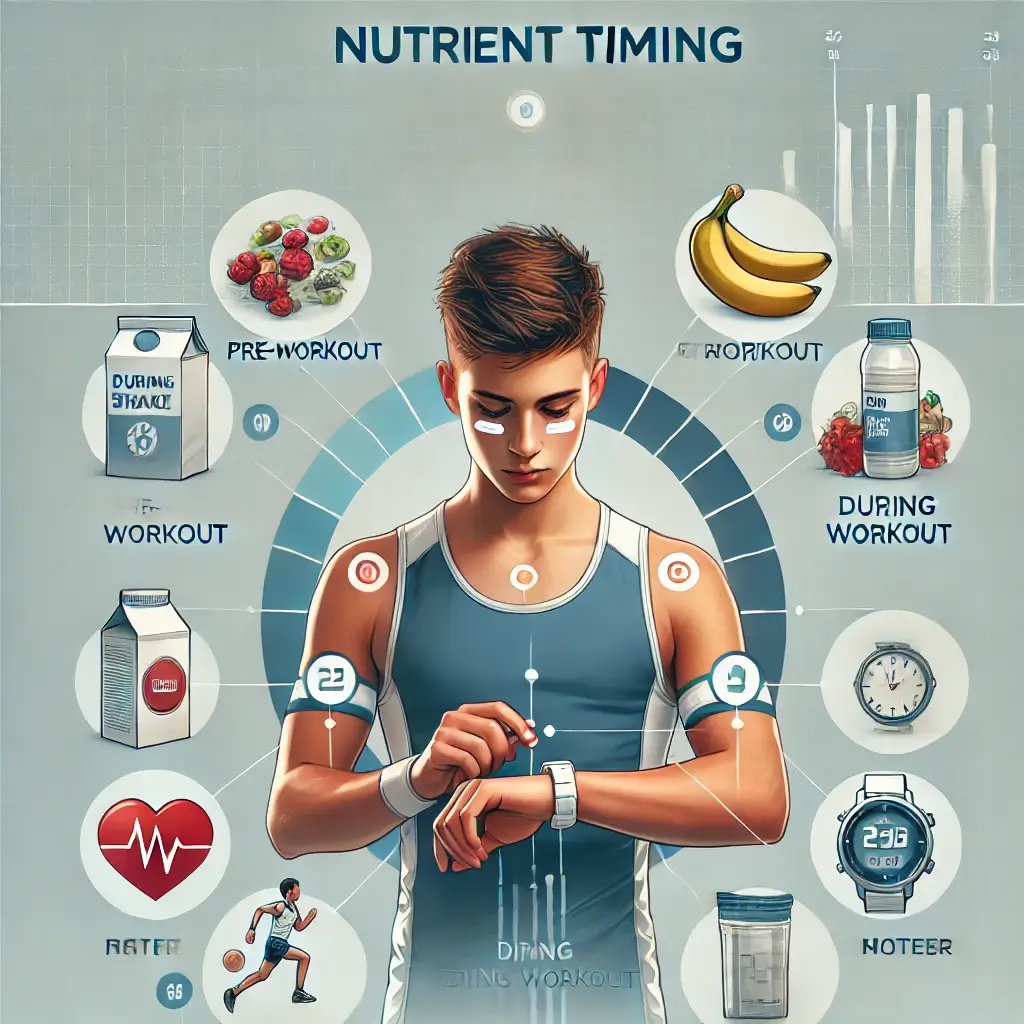Beyond Nutrition: Understanding the Gut-Brain Connection in Early Childhood Development
Introduction to Gut Microbiome Development
The role of the gut microbiome in human health has garnered significant attention in recent years, with the toddler years identified as a critical period for its development. Composed of trillions of microorganisms, the microbiome supports digestion, immune system functionality, cognitive processes, and emotional regulation. Recent research highlights how dietary interventions during the ages of 1 to 3 can profoundly shape this ecosystem, creating lifelong impacts on health and disease prevention.
Expert Insights and Research Evidence
Dr. Rachel Chen, a pediatric gastroenterologist, states, “The period between ages 1-3 represents a critical window for establishing a healthy gut microbiome that can impact everything from immune function to cognitive development.” This assertion is backed by a 2024 longitudinal study of toddler microbiome development published in the Journal of Pediatric Gastroenterology, which tracked 2,000 toddlers over five years. The study found that children consuming microbiome-friendly diets exhibited significantly enhanced immune responses and fewer allergies compared to those with limited dietary diversity.
Research Insights Overview
The toddler gut microbiome contains over 1,000 bacterial species, with diversity correlating to health outcomes. Approximately 70% of the immune system is housed in the gut, making it a critical site for immune regulation. Gut bacteria are responsible for producing 90% of serotonin, linking gut health to emotional and cognitive well-being.
Dietary Impact on Microbiome Development
A study in Nutritional Medicine Review (2024) emphasized the role of dietary diversity in fostering a robust microbiome. Toddlers consuming a varied diet rich in probiotics and prebiotics showed a 60% reduction in common childhood illnesses and a 45% decrease in allergic reactions compared to children on restricted diets. Foods such as fermented dairy products and fiber-rich grains proved particularly beneficial.
The Gut-Brain Connection
The gut-brain connection mediated by the vagus nerve and neurotransmitters like serotonin underscores the microbiome’s role in cognitive and emotional health. Studies have shown that toddlers with imbalanced gut microbiota are more likely to experience mood swings, sleep disruptions, and behavioral challenges.
Age-Specific Nutritional Recommendations
For ages 12-18 months, initial introductions should focus on fermented dairy, soft-cooked vegetables, mashed legumes, and whole-grain porridge. From 18-24 months, expand the toddler’s diet to include probiotic-rich foods and fiber-dense grains. For ages 2-3 years, introduce complex and nutrient-dense foods such as prebiotic sources, healthy fats, and diverse protein options.
Clinical Implications and Monitoring
Professionals should monitor for signs of microbiome dysfunction in early childhood, including persistent digestive issues and behavioral changes. Educating parents about the importance of microbiome health is essential, providing resources like recipe guides, meal plans, and food tracking tools.
Future Research Directions
While existing research highlights the benefits of microbiome-focused diets, further studies are needed to explore the long-term effects of specific dietary interventions and investigate the role of genetic factors in microbiome composition.
Technology and Implementation Tools
Emerging technologies can support dietary implementation through digital apps like Yummly and BabySparks, allowing parents to track food variety and receive tailored recommendations for microbiome-friendly foods.
Concluding Insights
The first three years of life present a unique opportunity to shape the gut microbiome through targeted dietary strategies. Research consistently demonstrates the benefits of a diverse nutrient-rich diet for immunity and cognitive function. Healthcare professionals have a pivotal role in guiding families toward microbiome-friendly practices.
References
Journal of Pediatric Gastroenterology. (2024).
Microbiome Research Quarterly. (2024).
Nutritional Medicine Review. (2024).
Child Development Studies. (2024).
Pediatric Health Outcomes Research. (2024).













